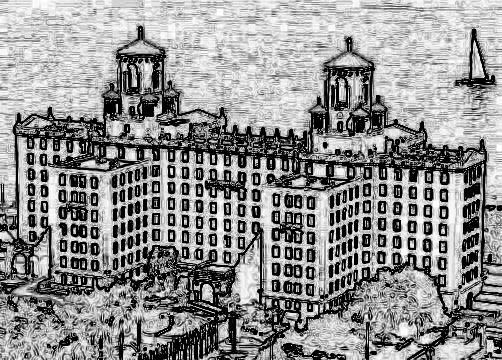By Celso Gonzalez-Falla
Op-Ed Contributor
OVER THE YEARS I have read many books about today’s Cuba and the Cuba before Fidel Castro. Some lacked accuracy, invented events, or seemed to give a distorted picture.
In 1960, I was in the underground against the Castro regime. To avoid, arrest I sought political asylum in April of 1961 after Bay of Pigs at the Chilean Embassy. I left Cuba that June and went to Texas. I am a political exile.
I have not returned to Cuba. I wrote my new book, My Lost Cuba, because I have children who were born in Cuba and in the United States. I wanted all of them to have a clear picture of Cuba before Castro changed it.
In order to paint this picture for them, about 10 years ago I began to write about my experiences, not only of my life in La Habana, but also in the interior – the provinces we used to refer to as “el campo.” However, My Lost Cuba is not a biography – it’s a novel that is based on facts but coloured by imagination.
The story takes place in 1958, the last year of Batista’s dictatorship, and ends on December 31, the day before Castro came to power. It is the story of several families in La Habana and in the interior. The characters live in La Habana but have businesses in the center of the island: cattle and sugar.
The main characters include Mike, his father Don Miguel, their family, the workers at their house and ranch, their neighbors and their families. My Lost Cuba describes the life in La Habana and at a farm in Camaguey, in the center of the island. It also portrays the tensions between two generations, and the contrasts between the lives of the well to do and the workers – distinctions that I knew were important to point out.
I experienced many of these things, myself.
I personally lived in La Habana and worked on my father’s ranch. I knew and worked with the “campesinos” and the cowboys at the ranch, had drinks and played in the private clubs in La Habana, swam and fished in Varadero.
I was very aware of the differences in how Cubans lived. I was involved in the political and student movements of that time, and we wanted a democratic Cuba, not another totalitarian regime. I was in one of the groups that fought against Batista. The 26 of July movement was not the only one. We did not believe that Castro would become a socialist and eliminate the liberties that we all were fighting for at that time.
Many of the characters in My Lost Cuba are based on people I knew. Others are created out of bits and pieces of those who existed or who should have existed. I loved them, laughed with them, and worked with them, which is what makes them so real and believable to readers. These people are part of a Cuba that I once knew and is now gone. That Cuba was certainly not perfect, and I describe its problems accurately. However, we were all working for a better future… for a better day. I hope that day will come soon.
Celso Gonzalez-Falla was born in La Habana, Cuba and attended both the Colegio de Belen and the Universidad Catolica de Santo Tomas de Villanueva, earning a degree in Civil Law in 1958. Gonzalez-Falla became involved in the counterrevolution against Fidel Castro, avoiding arrest by seeking political asylum at the Chilean Embassy in April of 1961 and coming to Texas in June of 1961. From 1961 – 1986 he worked as a lawyer and in various executive positions in the oil and gas and banking businesses.
My Lost Cuba will be available for purchase at Amazon and Barnes & Noble, and through all major booksellers upon request as of September 2013.
Note: the opinions expressed in Caribbean Journal Op-Eds are those of the author and do not necessarily reflect the views of the Caribbean Journal.
